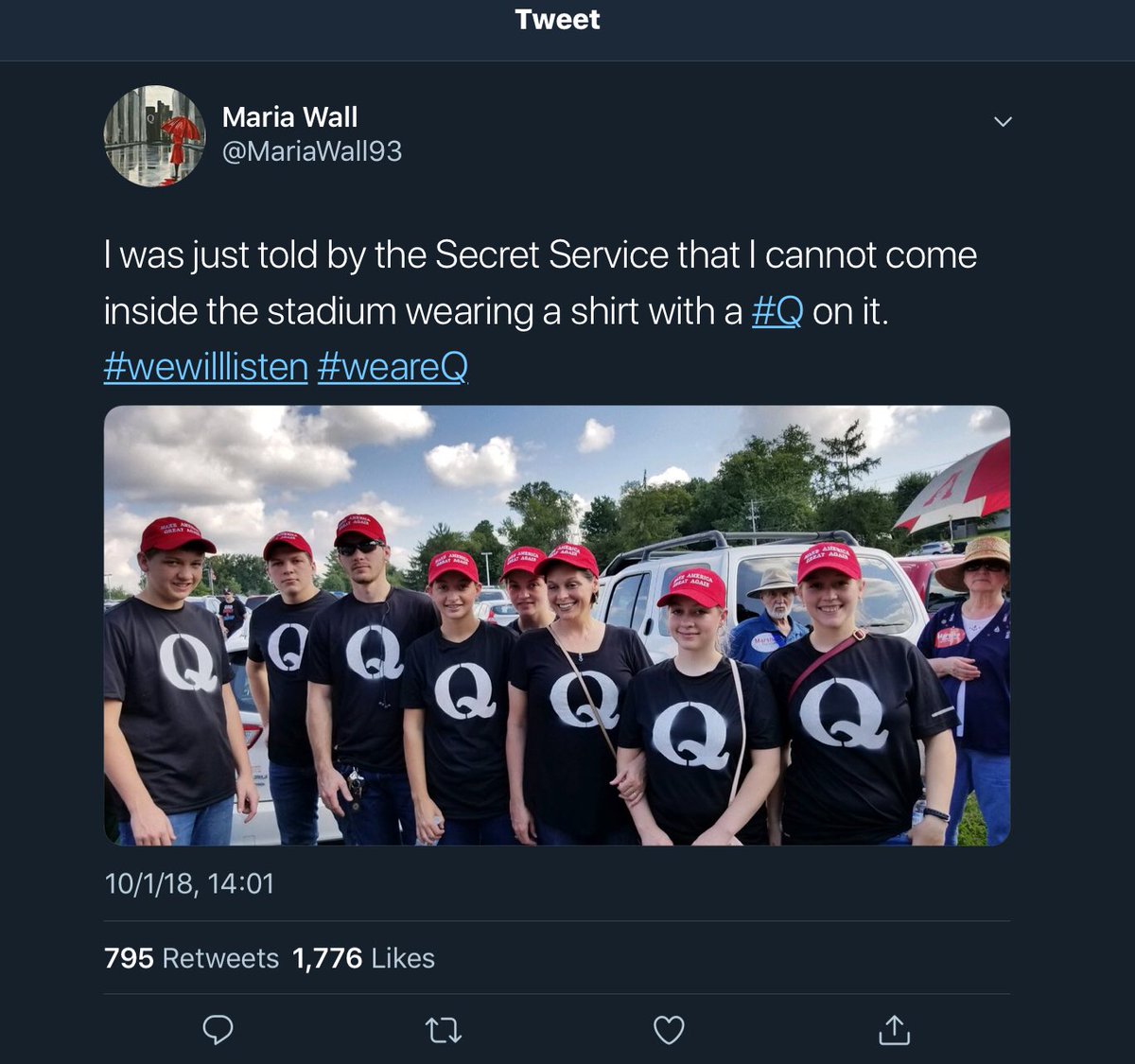Long evocative read. Chiding one & all using Hoffman/Yeh’s Blitzscaling as canvas. Key quotes on thread:
Blitzscaling “prioritizes speed over efficiency,” and risks “potentially disastrous defeat in order to maximize speed and surprise.”
A strong case can be made that blitzscaling isn’t really a recipe for success but rather survivorship bias masquerading as a strategy.
(My take: let's not celebrate Uber & Lyft IPOs yet)
FB Platform failed that definition.Uber & all ride sharing co's fail that definition.Gates/MSFT also failed.
2014: AdWords rev (51%), AdSense (49%)
2018: AdWords (82%), AdSense (18%)
2016: 58% of mobile searches lead to organic clicks; 2018 number down to 39%
# of 'no clicks' rises from 41% (2016) to 61% (2018).






